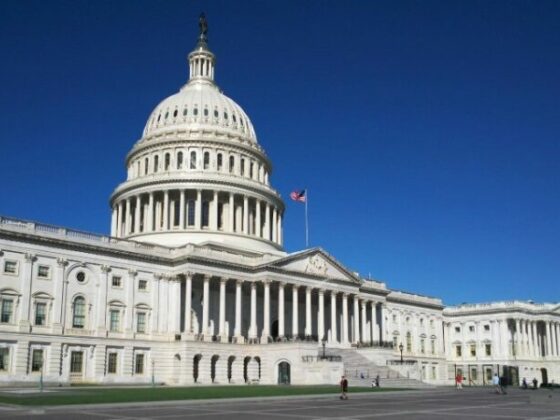Despite the DMCC Act’s mandate for upfront pricing, major travel companies are still obscuring mandatory fees – leaving consumers misled and out of pocket
May 21, 2025
The UK’s new Digital Markets, Competition and Consumers Act 2024 (DMCC Act), in effect since April 6, mandates that travel firms disclose the full price of a trip upfront – including all unavoidable fees. However, an investigation by Which? Travel reveals that many major players, including Loveholidays and Trivago, may be violating the law by failing to clearly include mandatory charges like resort and booking fees. While some companies have adjusted their practices, others are lagging or resisting, potentially misleading consumers and violating consumer protection laws.
Key takeaways
- New law requires full price disclosure: Under the DMCC Act, travel firms must show the total price at the start of the booking process, including mandatory fees such as taxes, admin charges, and resort fees.
- Trivago under scrutiny: The company is accused of breaking the law by not including resort fees in its upfront prices.
- Booking sites vary widely in transparency: While major sites like Booking.com, Expedia, and Hotels.com include resort fees, others still don’t, creating significant price discrepancies.
- Misleading ‘from’ prices: BA Holidays is also criticized for not showing the true price until the later booking stage, blaming “availability changes” – a move Which? suspects is a workaround to include previously hidden fees.
- Trivago’s vague compliance: Unlike Kayak, which removed non-compliant listings, Trivago continues to display providers without including full fees, though it claims to be reviewing its practices.
- Admin and booking fees targeted: The new law also aims to end hidden admin or booking fees. Many companies still add these at checkout without justification – now likely illegal.
Get the full story at Which?








